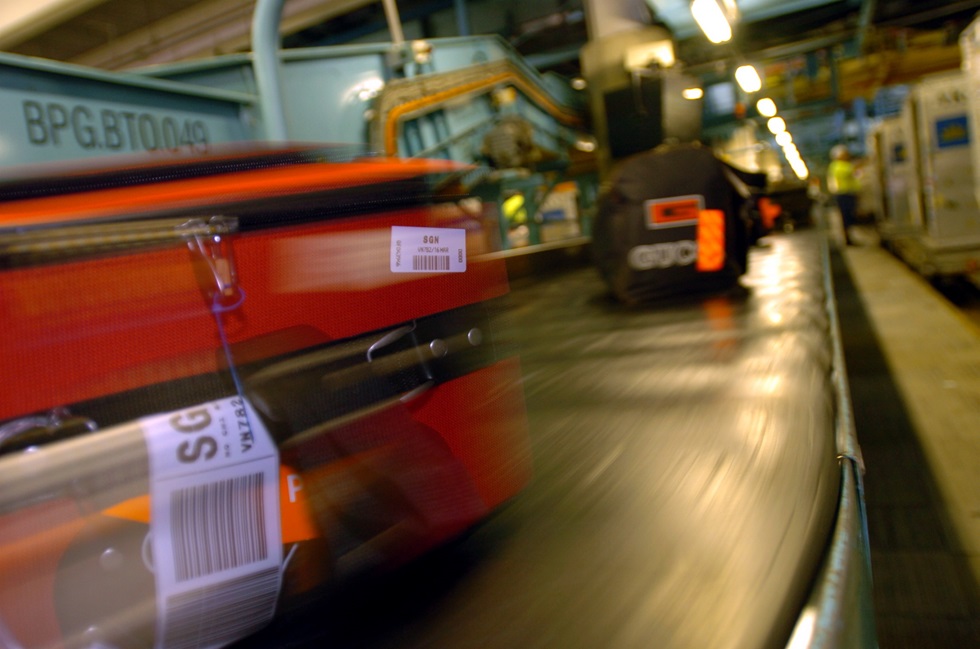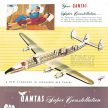United Airlines has followed JetBlue and is increasing some checked baggage fees but it is not something either airline has been keen to crow about.
We were unable to easily find on United’s somewhat confusing website a statement informing passengers about the increase in airport checked baggage charges but presumably, there is one.
However, there was an online tool confirming — once you’d entered a hypothetical origin, destination and date — that the first bag would be $US35 and a second $US45.
READ: US airlines see a fall in overall complaints.
“Checked baggage allowance may vary depending on cabin, status level, military status, itinerary and date of purchase,’’ the airline warned on its changed bag rules and optional services page.
United currently charges $US30 for the first bag checked and paid for at the airport and $US40 for the second.
The new charges, according to a United statement posted by The Points Guy, apply to “certain flights” (we put in San Francisco-New York in April) and are effective for travel from March 6.
“The changes do not apply to customers who booked their trips before February 21, 2020, and will not apply to customers who prepay online before check-in,’’ the statement said.
“As always, MileagePlus Premier customers and those who purchase tickets with an eligible MileagePlus credit card will continue to receive complimentary checked luggage.”
JetBlue also did not shout from the rooftops when it in January boosted its baggage fees to the same level.
It hits passengers on Blue Basic, Blue and Blue Extra fares with the $35/$45 fees if they check their bags at the airport or within 24 hours of departure.
Those who pay more than 24 hours before departure get $US5 off the first two bags.
It’s advisable not to take a third bag on either airline: it will cost you $US150 on JetBlue and up to $US200 on United.
The two airlines now boast the highest airport bag fees in the US but it’s likely only a matter of time before other airlines follow them.
Ancillary revenues, particularly loyalty programs, have become an important aspect of airline economics.
IdeaWorksCompany and CarTrawler do an estimate of what they call “a la carte revenue”, which covers fees paid for goods and services such as checked baggage, assigned seats, buy-on-board meals, early boarding and inflight entertainment.
The latest analysis showed that this type of revenue had more than doubled for the airlines covered worldwide from $U36.7 billion in 2015 to $US75.6 billion in 2019.
Airlines in the US accounted for $US14.8 billion of this but were still behind the Asia-Pacific ($US21.1 billion) and Europe/Russia ($US31.5 billion).
























